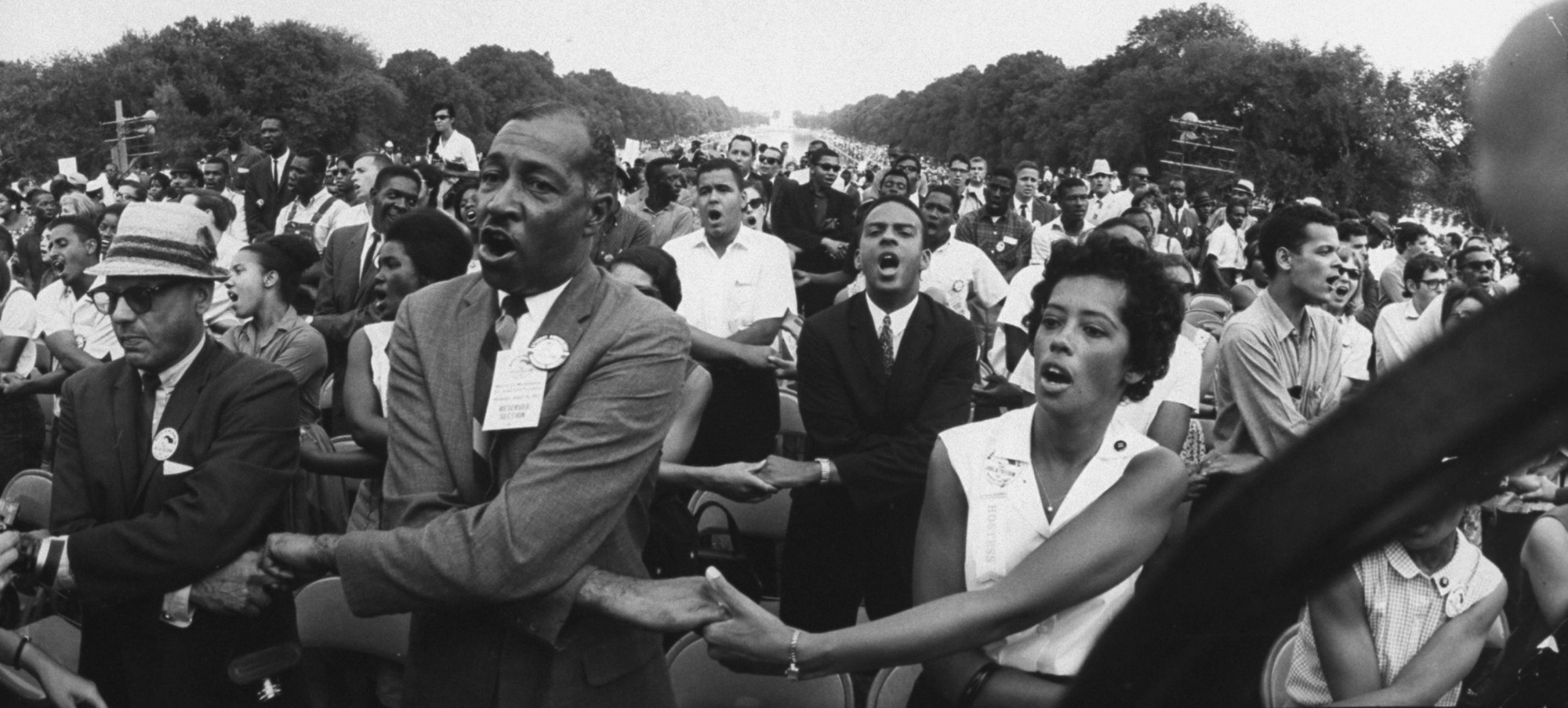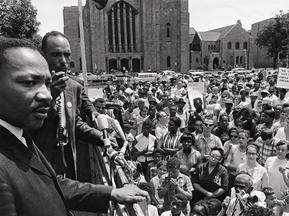Hope/expectation that the Trayvon Martin tragedy will have a silver lining by spurring a potent movement to combat racial stereotyping/profiling–excerpts:
Keli Goff, The Gift That Trayvon Gave All of Us: How the Trayvon Martin Tragedy Can Save Black America. TheLoop21.com/Huffington Post. 26 March 2012.
…[I]n my parents’ generation (they both grew up in the segregated South) a store simply hung a sign that said “No Coloreds” allowed. Today a store wouldn’t dream of doing that and yet most black people I know, and most black celebrities have a story (often more than one) about being blatantly denied service at a store due to race. In the case of Oprah Winfrey on two separate occasions at two different stores the stores in question locked the doors and claimed to be closed when she attempted to enter. In the case of Condoleezza Rice, a sales clerk questioned whether she could actually afford the jewelry she was eyeing. To those who have never endured such experiences, they may sound like minor indignities. But the Trayvon Martin case illustrates how easily subtle racism — which usually involves racial profiling — can escalate from indignity to death. Continue reading

